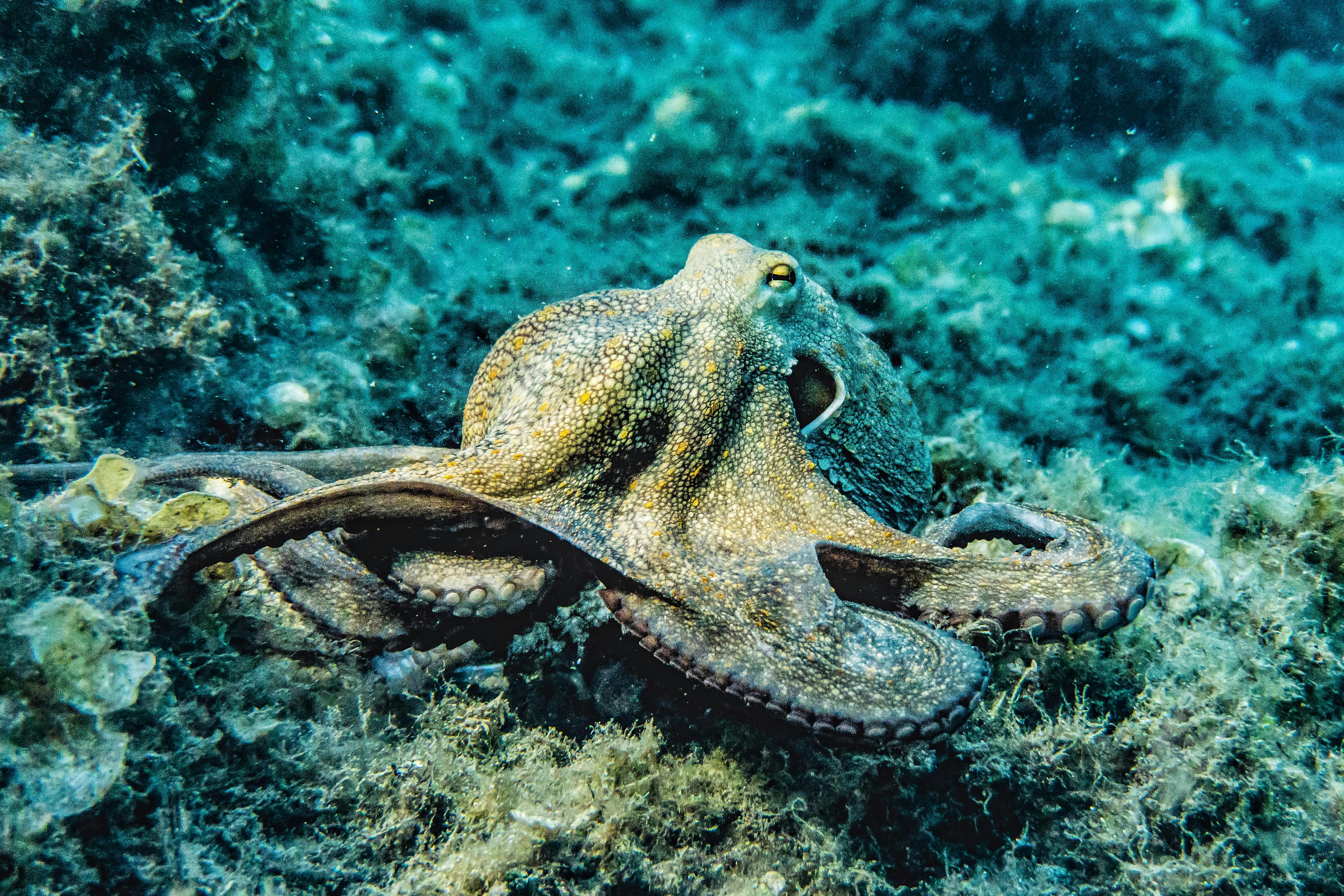Understanding the Secret Lives of Octopuses: Nature's Master of Camouflage and Solitude
Introduction: Dive deep into the world of octopuses, creatures whose intelligence, resilience, and dexterity have captivated scientists for years. This article explores their lifestyle, behavioral traits, and unique features, providing readers with a comprehensive insight into this marine marvel.

The Octopus: An Introduction
Since ancient times, octopuses have been subjects of fascination and fear, their strange forms inspiring mythology and folklore. These creatures belong to the class Cephalopoda, which also includes squid and cuttlefish. They’re known for their intelligence, adaptability, and their exceptional ability to camouflage themselves within their environment. Despite their familiar presence in our collective imagination, octopuses remain enigmatic, their lives beneath the sea largely unexplored and misunderstood.
The Hidden Intelligence of Octopuses
Octopuses are renowned for having one of the most complex nervous systems among invertebrates. Their brains have a higher number of neurons than any other invertebrate, comparable to that of dogs and cats. This neural power allows them to perform intricate tasks, solve puzzles, and even escape from locked containers. The octopus’s intelligence is not just confined to their brain—it’s distributed throughout their eight arms, which can operate independently from each other.
Masters of Camouflage
One of the most captivating abilities of the octopus is its skill in camouflage. They can change the color and texture of their skin in a matter of seconds to blend seamlessly with their surroundings. This ability is due to specialized cells in their skin, known as chromatophores, which can expand and contract to alter the appearance of the octopus. This talent for disguise serves both defensive and predatory purposes, allowing octopuses to hide from potential threats and sneak up on unsuspecting prey.
Octopuses in Current Research
In recent years, the octopus has been the focus of numerous scientific studies. Their unique biology, behavior, and cognitive abilities make them remarkable subjects for research in neuroscience, ethology, and evolutionary biology. Discoveries about their RNA-editing capabilities, camouflage techniques, and solitary lifestyle are reshaping our understanding of these complex creatures.
The Octopus Market: From Seafood to Pets
Octopuses are commercially significant, primarily as a source of seafood. However, they are also becoming increasingly popular in the pet trade market, although their care requires extensive knowledge and specific conditions. The price range for an octopus can vary greatly, from $30 for common species to $1,000 for rare ones. However, due to their complex needs and short lifespan, they are not recommended for novice aquarists.
In conclusion, the octopus is a creature of mystery and fascination. Their intelligence, camouflage abilities, and unique biology continue to captivate scientists and animal enthusiasts alike. As we continue to learn more about these enigmatic beings, we deepen our appreciation for the diversity and complexity of life on Earth.




